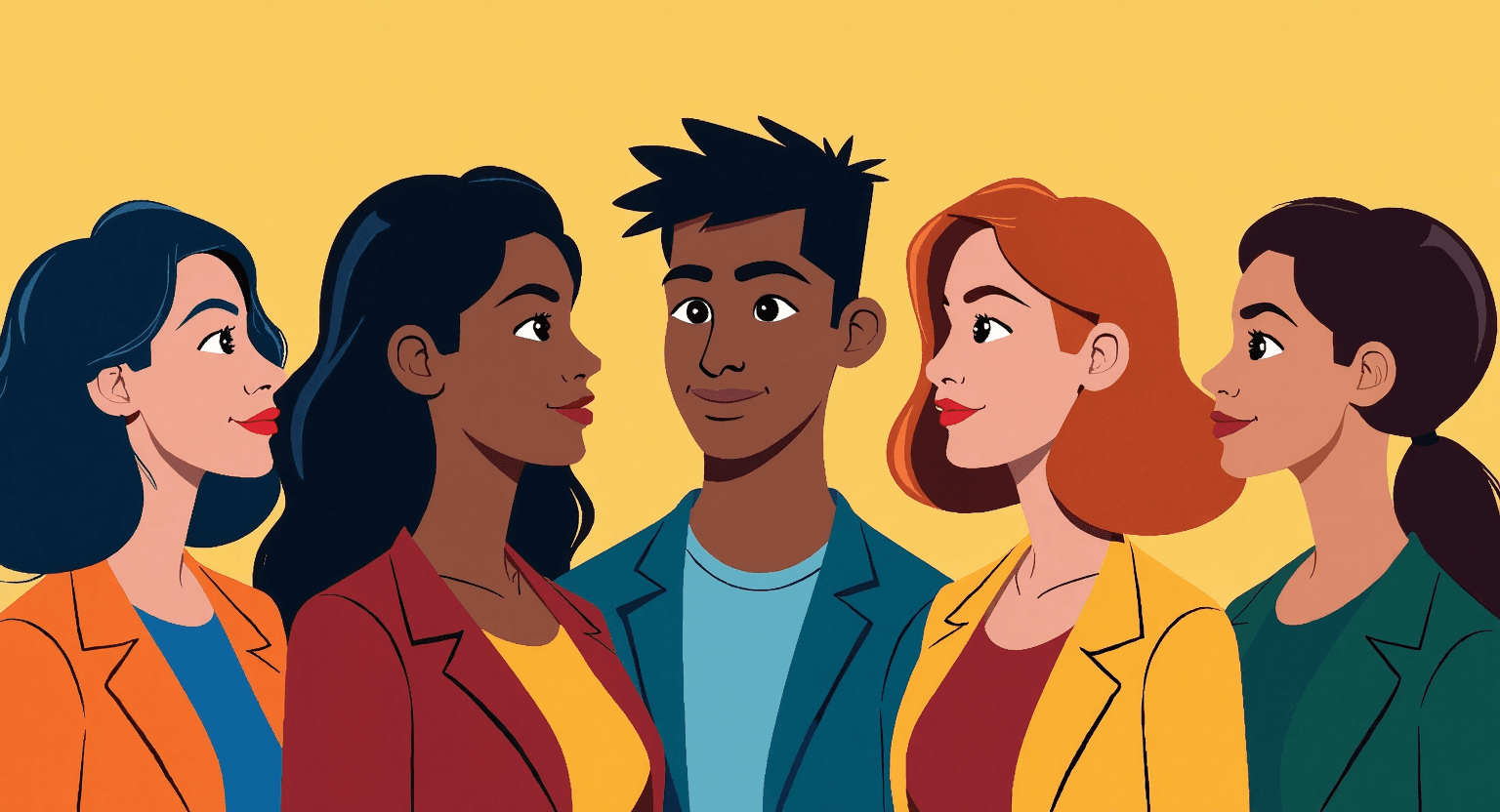In today’s globalized and interconnected world, the principles of Diversity, Equity, and Inclusion (DEI) are more critical than ever. These concepts foster innovation, strengthen communities, and promote justice. Throughout history, thought leaders, activists, and visionaries have articulated powerful ideas that continue to inspire DEI efforts worldwide. Let’s explore some of the most famous DEI quotes, their origins, and the lessons they offer.
1. “Diversity is being invited to the party; inclusion is being asked to dance.” — Verna Myers
Verna Myers, a diversity advocate and VP of Inclusion Strategy at Netflix, encapsulates the difference between diversity and inclusion in this powerful metaphor. Diversity alone isn’t enough—it’s about creating environments where everyone feels valued and empowered to participate. This quote reminds organizations to go beyond mere representation and actively engage all members.
Takeaway: Strive for environments where individuals feel both present and involved. Representation must be matched with meaningful engagement.
2. “Injustice anywhere is a threat to justice everywhere.” — Martin Luther King Jr.
From Dr. King’s Letter from Birmingham Jail, this timeless quote highlights the interconnected nature of humanity. An advocate for civil rights, Dr. King’s words emphasize the importance of addressing inequities in all forms. For DEI initiatives, this serves as a call to act against systemic barriers and inequities, wherever they appear.
Takeaway: Justice and equity must be universally pursued, recognizing that oppression in one area ultimately affects the larger system.
3. “Not everything that is faced can be changed, but nothing can be changed until it is faced.” — James Baldwin
James Baldwin, an influential writer and activist, offers a compelling reminder about the importance of acknowledging uncomfortable truths. This quote speaks to the necessity of recognizing systemic biases, privilege, and inequities as the first steps toward meaningful change.
Takeaway: Effective DEI work requires courage, self-awareness, and honesty in confronting societal and institutional challenges.
4. “If you are neutral in situations of injustice, you have chosen the side of the oppressor.” — Desmond Tutu
Archbishop Desmond Tutu, a leader in South Africa’s anti-apartheid movement, underscores the ethical obligation to take a stand. Neutrality often perpetuates the status quo, which can sustain inequity and injustice.
Takeaway: Being an ally in DEI work means actively opposing inequity rather than passively observing it.
5. “It is not our differences that divide us. It is our inability to recognize, accept, and celebrate those differences.” — Audre Lorde
Audre Lorde, a self-described “Black, lesbian, mother, warrior, poet,” emphasizes the importance of embracing differences rather than fearing or ignoring them. Her advocacy for intersectionality laid the foundation for much of contemporary DEI discourse.
Takeaway: Recognizing and celebrating diversity fosters stronger, more unified communities.
6. “Equity is giving everyone what they need to be successful. Equality is treating everyone the same.” — Author Unknown
This distinction between equity and equality has been widely quoted in DEI contexts. While equality implies uniform treatment, equity considers individual circumstances and removes systemic barriers to success.
Takeaway: Effective DEI efforts should focus on equity by addressing unique challenges and creating tailored solutions.
7. “You don’t have true freedom until you allow others their freedom.” — Nelson Mandela
Nelson Mandela’s fight against apartheid embodied the essence of inclusion. His quote serves as a reminder that freedom and equity are interconnected. True inclusion uplifts all, ensuring no one is left behind.
Takeaway: Freedom, dignity, and equity are mutual goals that require collective effort.
8. “When we listen and celebrate what is both common and different, we become a wiser, more inclusive, and better organization.” — Pat Wadors
Pat Wadors, a human resources leader, focuses on the power of listening in DEI work. Inclusivity starts with acknowledging shared humanity and understanding individual experiences.
Takeaway: Listening is a cornerstone of inclusive practices, fostering empathy and collaboration.
9. “The future is diverse, the future is equitable, the future is inclusive.” — Unknown
This forward-looking quote reflects the inevitable direction of societal progress. Diversity, equity, and inclusion are not just ideals but essential strategies for thriving in an increasingly complex world.
Takeaway: Embracing DEI is not optional but essential for sustainable growth and innovation.
10. “Never doubt that a small group of thoughtful, committed citizens can change the world. Indeed, it is the only thing that ever has.” — Margaret Mead
Margaret Mead’s quote is a call to action for DEI advocates. Change begins with committed individuals willing to challenge norms and lead by example.
Takeaway: Grassroots efforts and collective action are powerful drivers of systemic change.
Conclusion
These famous DEI quotes offer timeless wisdom and actionable insights. They remind us of the importance of empathy, courage, and proactive engagement in building inclusive communities. As organizations and individuals strive to make the world more equitable, these words can serve as guiding lights, inspiring progress and fostering understanding.
Let these quotes not only inspire but also drive us to take action—turning ideals into impactful, sustainable change.
